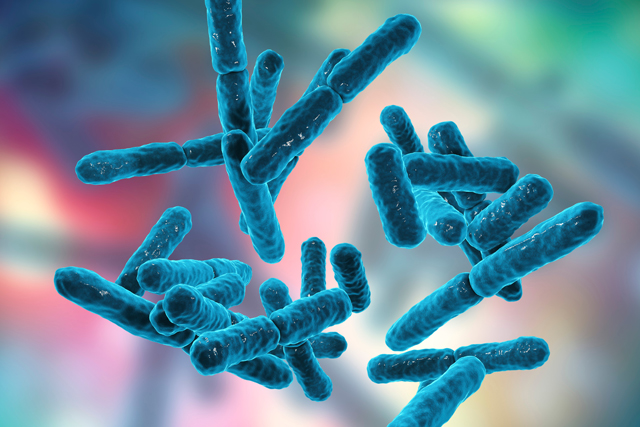Digestive Conditions in the United States
According to the GI Alliance, 62 million Americans are diagnosed with gastrointestinal conditions each year! Some examples of digestive conditions include:
- Crohn’s disease
- Ulcerative colitis
- Stomach cancer
- Pancreatitis
- Irritable bowel syndrome (IBS)
Even if you haven’t been diagnosed with one of these conditions, it doesn’t mean your gut is functioning optimally. You could be dealing with common digestive troubles like bloating, diarrhea, and gas.
The Standard American Diet is loaded with carbohydrates, fried food, and sugar. All of these things contribute to an unhealthy gut.
How Do I Know If My Gut Is Unhealthy?
Some signs that indicate you might have an unhealthy gut include:
- Frequent stomach pain
- Nausea (Many GI patients experience nausea in the mornings while their stomachs are empty)
- Food intolerances (Gluten is a common trigger)
- Alcohol dependency
- Unmanageable stress and anxiety
- Getting sick often
- Poor skin condition
Nutrition is a foundational building block in our wellness journey. Without nutrient-dense food, our bodies can’t operate effectively. Unfortunately, many of us make nutritional mistakes that harm our gut health.
Here are the top three nutrition mistakes that might be harming your gut health:
3 Mistakes That Are Harming Your Gut
1. Not Fasting

If you struggle with digestive problems, fasting may allow your digestive system to take a rest. Put simply: when you eat, your digestive system has to work. It takes 36 hours for food to move through the entire colon. That’s a lot of work! By fasting, your digestive system can take a break from breaking down food.
Fasting for just a few hours a day can help improve your digestive system. In fact, it only takes about 2 to 4 hours to move food from your stomach to your small intestine, so a shorter fast could help that phase of the process. The most popular time to fast is in the morning before eating lunch or a light breakfast.
Tomorrow morning, instead of grabbing your phone and heading for the kitchen, try this instead:
- Wake up and take notice of how you feel. Does your stomach hurt? Is your body screaming for food?
- Get out of bed and do a light exercise. Try a few minutes of gentle stretching to get your body moving. Research shows exercise has a profound impact on our digestive health!
Drink a glass of water before grabbing your breakfast. This will wake your digestive system and prepare it for the food you eat. Ideally, you’ll fast for two to three hours after waking up. Try to stay committed for 21 days to build the habit. If you absolutely have to eat something, try an apple or a fruit or vegetable smoothie.
2. Not Taking Probiotics

To combat gastrointestinal distress, probiotics are one of the most powerful tools in our wellness arsenal. Probiotics are living strains of “good” bacteria that fight “bad” bacteria so we can have a healthy immune system. Did you know 70% of our immune system lives in our gut? That’s why a healthy digestive system is so important to our overall health, and probiotics are a great place to start!
Good bacteria don’t just fight bad bacteria, though. Beneficial microorganisms can create vitamins, break down and absorb medications, support the cells lining your digestive tract, and help your body digest food.
The gut’s ecosystem is known as the gut flora. The gut flora actually works like an organ, often being referred to as the “forgotten organ” by experts. Through probiotics, you want to get a supplement with a diverse microorganism profile to diversify your flora population and encourage a balanced gut ecosystem.
Poor dietary choices, underdeveloped stress management skills, low-quality sleep, alcohol dependency, and other lifestyle factors can contribute to a gut flora imbalance. For stress management, try some breathwork exercises to encourage a calm state of being.
3. Not Drinking Enough Water

Water is responsible for breaking down our food and moving it throughout the digestive system in order to absorb the nutrients. According to the Colon Cancer Prevention Center, dehydration can wreak havoc on your digestive tract. Not drinking enough water can lead to gastrointestinal problems like:
- Stomach ulcers
- Acid reflux
- Constipation
- Bloating and nausea
- Bad breath
If you’re not a fan of drinking water, try adding some fresh fruit like lemons or berries to your glass. Cucumbers and mint leaves are also good options! Coconut water is also a great option to stay hydrated, and it’s even jam-packed with electrolytes.
Headed for gut trouble? Sign up with Heally to talk to a gut health doctor online.

